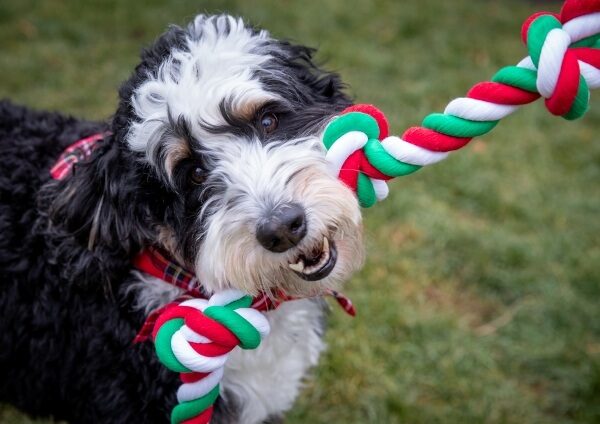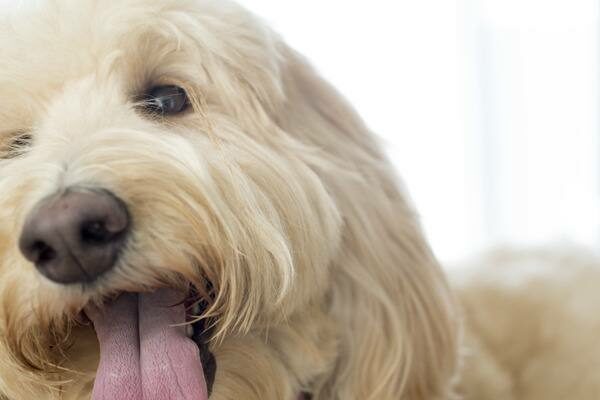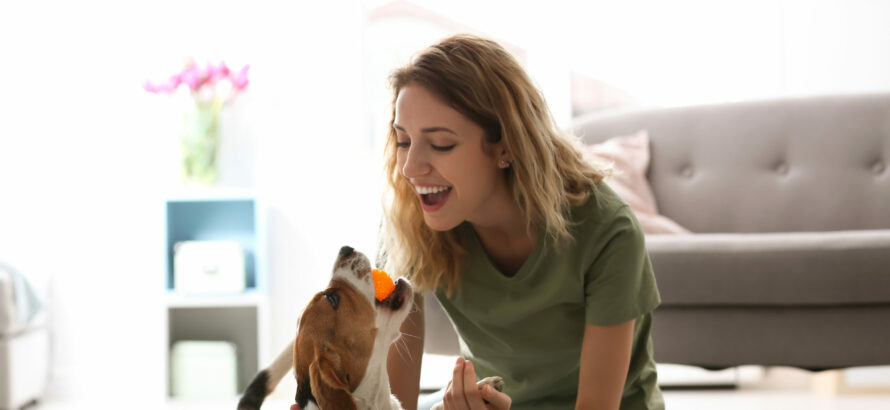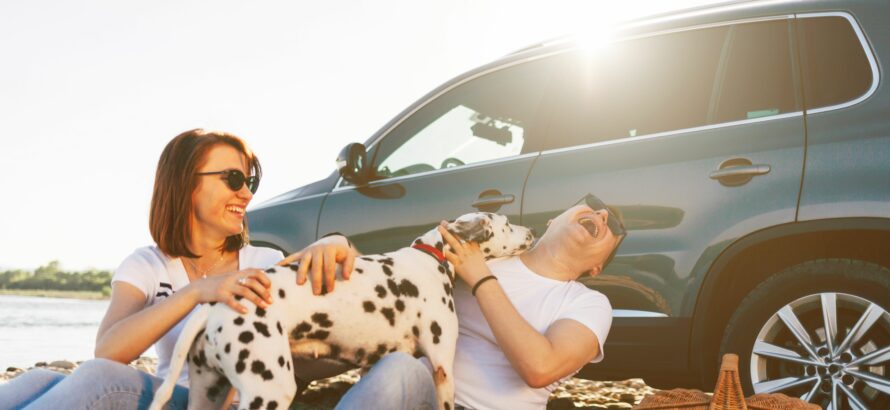
On Thanksgiving Day, almost everyone with a dog or cat is faced with pets begging for what the two-legged family is eating. But can dogs have turkey? It depends.
“Around this time of year, I’m asked if turkey is bad for dogs and cats, and for the most part, turkey is safe for these pets,” says Carol McConnell, DVM, MBA, Nationwide’s Chief Veterinary Officer. “The parts of the turkey that are not safe for pets are the fatty or boney ones: Don’t give your pets turkey skin, turkey gravy or turkey bones from the roasted bird. Those must be off-limits, unless you’re planning to clean up after a pet’s tummy ache, or in the worst case, making time for a Thanksgiving trip to the veterinary emergency clinic.”
Dr. McConnell says that the turkey meat is safe for dogs and cats, and light or dark meat are both fine – in moderation, of course.
“Our claims data from Nationwide’s pet insurance policies indicate that a lot of pets are overweight, with serious health problems as a result,” she said. “That’s why I recommend adding a little bit of the cooked turkey meat to the pet’s regular meal portion. Just enough to treat your pet, not to add a lot of calories.”
Thanksgiving foods for pets to avoid
While you can feed your dog or cat a little turkey meat safely, there are other traditional Thanksgiving foods pets should never get. Here are some additional Thanksgiving foods to keep away from your dog or cat:
Alcohol and caffeine: Some pets like beer or other alcoholic beverages, while others (typically dogs, as cats can be quite picky) will try anything once. Don’t give them the opportunity! For those guests who’d rather have coffee, that, too can be dangerous to pets, and can be very tempting to dogs and cats when milk and sweeteners are added. Because caffeine is the problem with coffee, make sure energy drinks and other caffeinated beverages are also kept from reach of dogs can cats.
Yams, mashed potatoes or stuffing: Starchy vegetables are not a huge risk on their own to most pets, but holiday recipes that include them are typically heavy on fats, salt and sweeteners. Some of these recipes have raisins, which are also a no-no for dogs. Cranberry relish is sweetened as well, so your pet shouldn’t have that, either.
Nuts, candies and chocolate: It’s common to put out bowls of treats for company, but make sure they stay out of reach of dogs and cats. Nuts, candies and chocolate each present risks, with many candies and chocolate often harboring an additional hidden danger: The popular artificial sweetener known as Xylitol.
Baked goods: Pies, cakes and other post-meal treats wouldn’t be so delicious were it not for sugar or other sweeteners, and even more fat. That means dessert is off the table for pets.
How about that green bean casserole? Dr. McConnell says that while cooked or thawed green beans are typically recommended by veterinarians to bulk up the food volume for dogs on calorie-restricted diets (cats typically turn their noses up at such trickery, but some do like green beans), Thanksgiving green bean recipes too often come with ingredients that are risky for pets.
“Added fat makes everything more appealing to pets – and people, although as a veterinarian that’s not my area of expertise,” she says. “I’ve sat down to Thanksgiving meals where the veggie dish was also loaded with onions and garlic, two foods that can cause a blood disease in pets. If you want to give your dog or cat green beans, pull some out in advance before you add in any other ingredients. Plain green beans are just fine, and many dogs, in particular, will happily eat them.”
Other foods you might offer your pet as a treat instead of what’s on the table: Slices of raw carrot, yam or apple, or mini rice-cakes. Anything else, Dr. McConnell says to read the labels and watch the ingredients: Fat, sweeteners, salt or any other item on the don’t-feed list should put an entire dish off-limits to pets.
Finally, warns Dr. McConnell, be on the watch for counter-cruising and trash-can piracy.
“You can be an outstanding pet parent and provide only healthy treats, only to find your dog or cat has outwitted you and just ate something dangerous,” she says. “That can be as unexpected as your cat eating the meat juice-soaked string from a turkey or a roast, and ending up needing surgery to remove it. Prevention is key: Keep serving dishes out of reach, put leftovers away promptly and take out the trash right away.”
Following these guidelines for what dogs and cats can safely eat – and thoroughly enjoy – on Thanksgiving will keep the holiday safe for pets. And that’s something for which any pet parent can be thankful.
Keeping your pets safe and healthy is a crucial part of being a dog or cat owner; therefore, it is important they have the right pet insurance to cover their medical needs. Learn more about the breakdown and costs of pet insurance.



